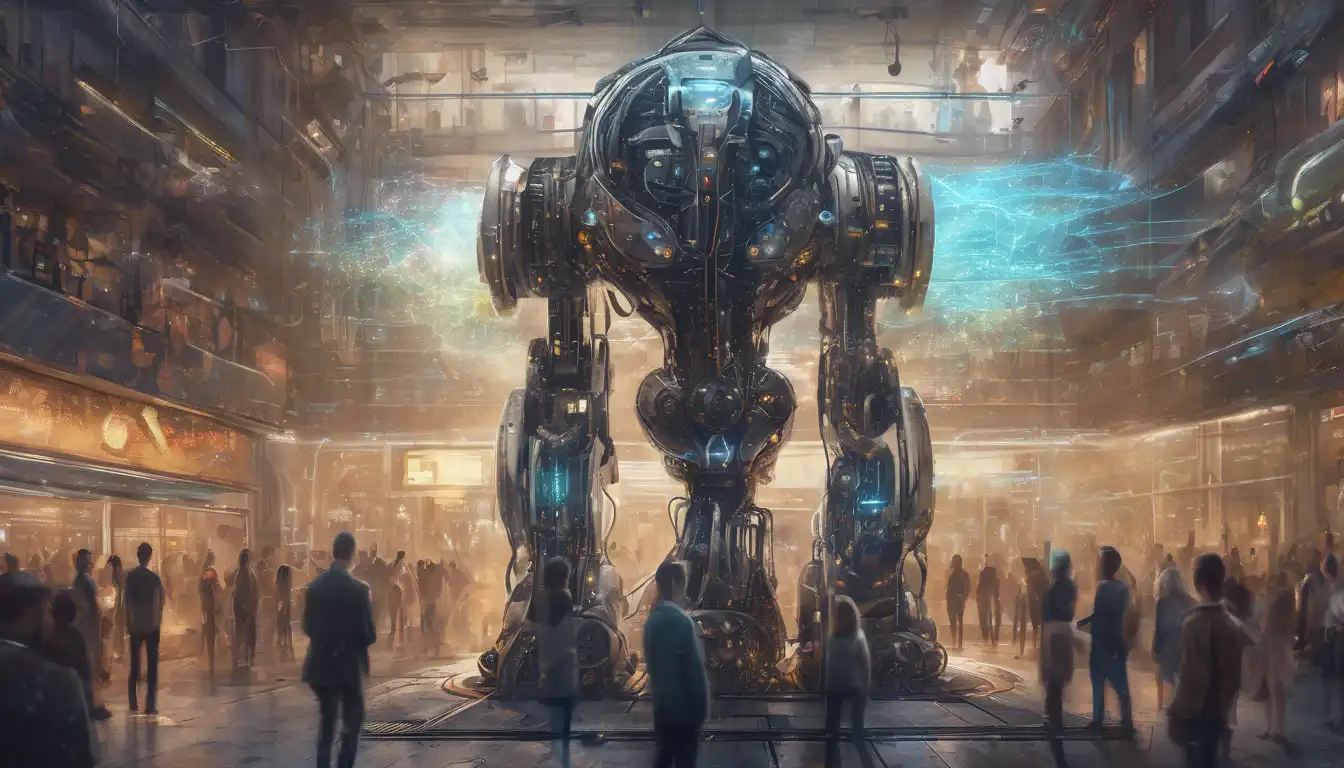Introduction to Machine Learning in Recommendation Systems
Machine learning has revolutionized the way we interact with technology, especially in the realm of recommendation systems. From streaming services to e-commerce platforms, machine learning algorithms are at the heart of personalized recommendations, making our digital experiences more intuitive and engaging.
How Machine Learning Powers Recommendations
At its core, machine learning analyzes vast amounts of data to identify patterns and preferences. This capability is harnessed by recommendation systems to suggest products, movies, music, and more, tailored to individual user preferences. The process involves several key steps:
- Data Collection: Gathering user interactions, preferences, and behavior.
- Pattern Recognition: Using algorithms to identify trends and similarities among users.
- Prediction: Forecasting user preferences based on identified patterns.
- Feedback Loop: Continuously improving recommendations based on user feedback.
Types of Machine Learning Algorithms Used
Several machine learning algorithms play pivotal roles in powering recommendation systems:
- Collaborative Filtering: Recommends items based on user behavior and preferences similarity.
- Content-Based Filtering: Suggests items similar to those a user has liked in the past.
- Hybrid Models: Combines both collaborative and content-based filtering for more accurate recommendations.
Benefits of Machine Learning in Recommendations
The integration of machine learning into recommendation systems offers numerous benefits:
- Enhanced User Experience: Personalized recommendations make platforms more user-friendly.
- Increased Engagement: Users are more likely to interact with content that resonates with their preferences.
- Higher Conversion Rates: E-commerce sites see improved sales through targeted product suggestions.
Challenges and Solutions
Despite its advantages, implementing machine learning in recommendation systems comes with challenges such as data privacy concerns and the cold start problem. However, solutions like differential privacy and hybrid recommendation models are being developed to address these issues.
Future of Machine Learning in Recommendation Systems
The future of recommendation systems lies in the advancement of machine learning technologies. With the rise of deep learning and neural networks, recommendations are becoming more accurate and personalized. Furthermore, the integration of AI and machine learning is set to redefine the boundaries of what recommendation systems can achieve.
In conclusion, machine learning is the powerhouse behind modern recommendation systems, driving personalization and efficiency. As technology evolves, we can expect even more sophisticated and intuitive recommendations, further enhancing our digital experiences.
